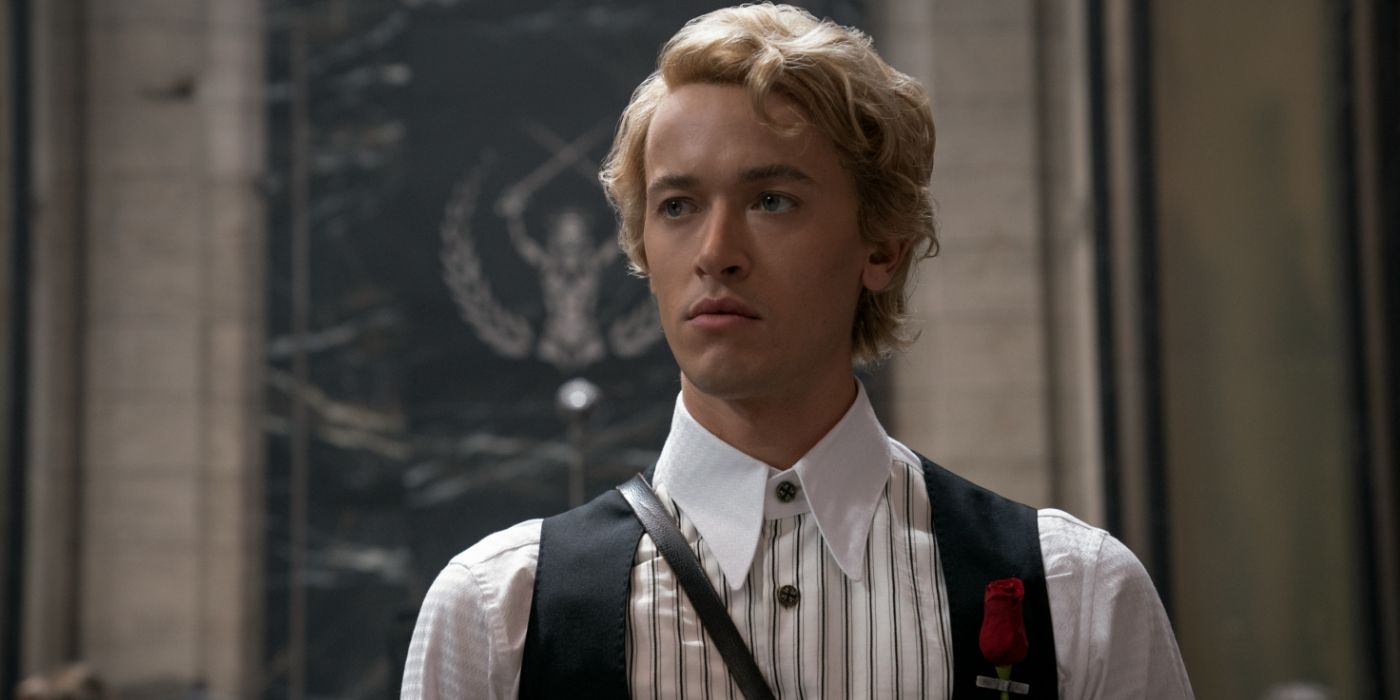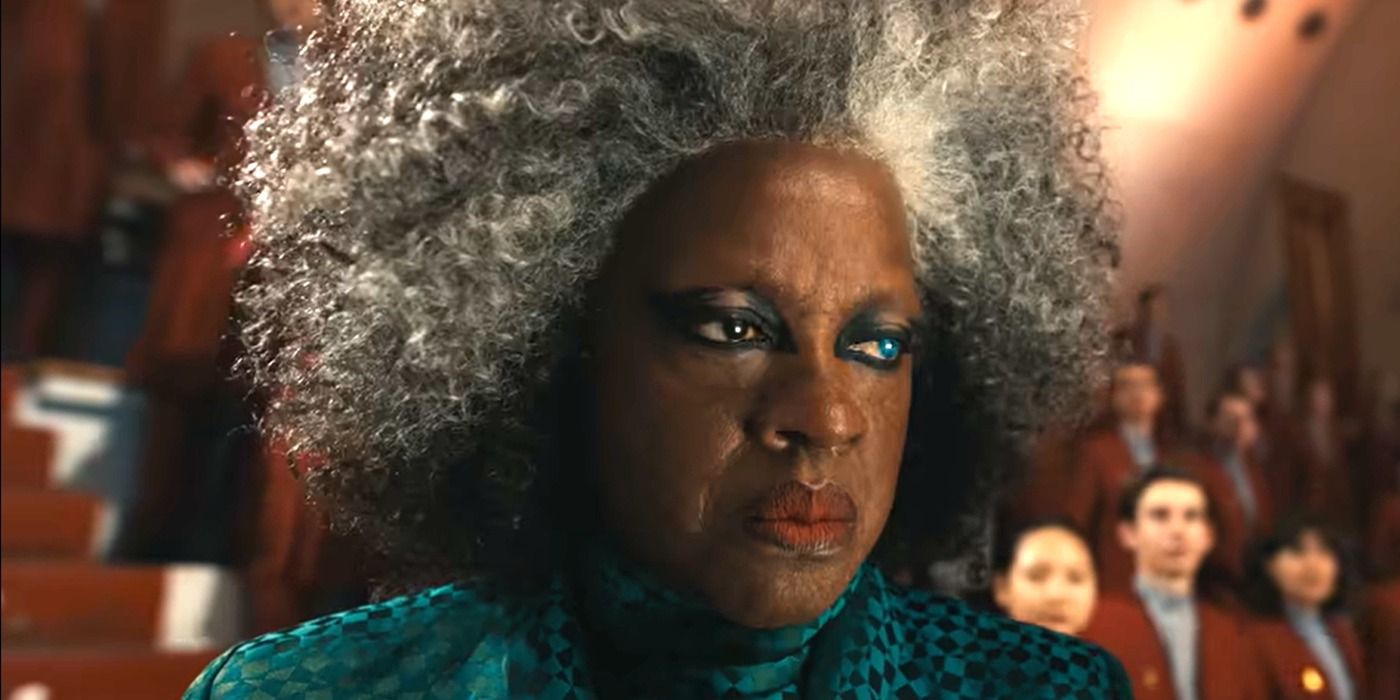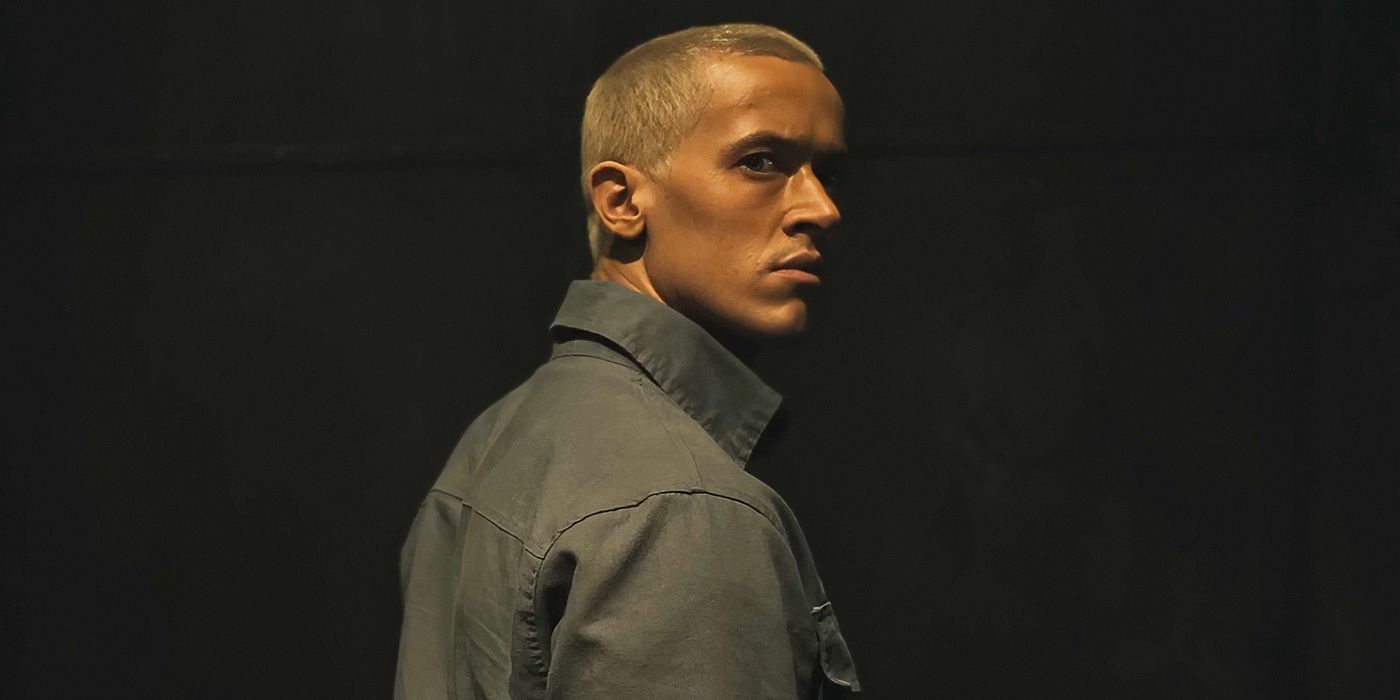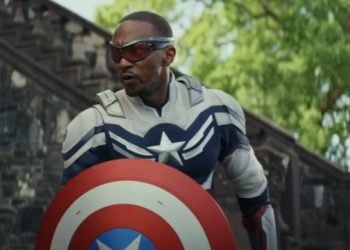Editor’s Note: The following contains spoilers for ‘The Hunger Games: The Ballad of Songbirds and Snakes’
The Big Picture
The Hunger Games: The Ballad of Songbirds and Snakes tells an ambitious story about a complex figure, a young Coriolanus Snow (Tom Blyth), in the world of The Hunger Games, but perhaps it’s a story that would have been better suited for a television format. This isn’t to say that The Hunger Games: The Ballad of Songbirds and Snakes is a lousy film in need of drastic restructuring. Far from it, as The Hunger Games: The Ballad of Songbirds and Snakes is a great movie. However, it could have been an even better television show that delved further into the prequel’s story.
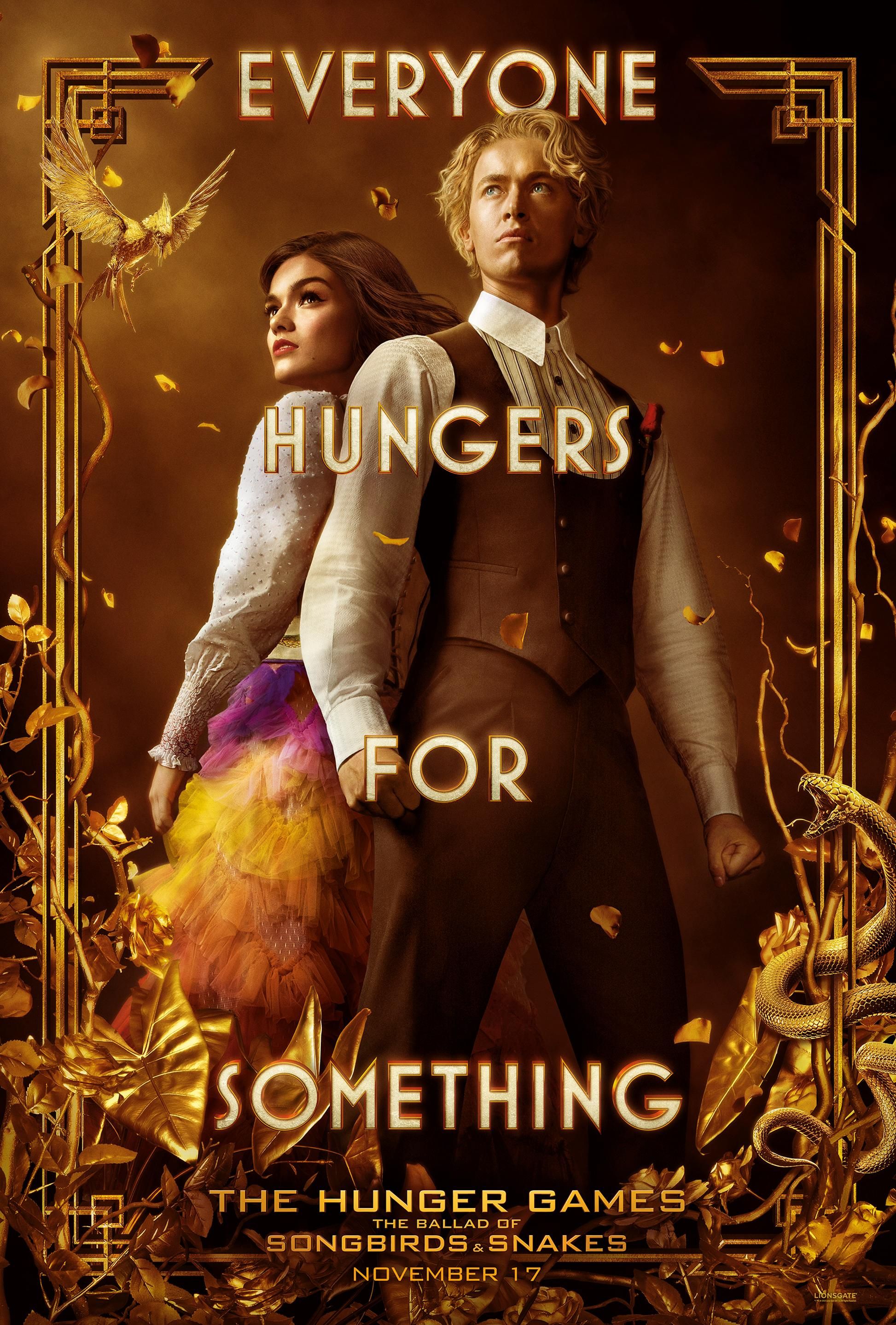
The Hunger Games: The Ballad of Songbirds and Snakes follows a young Coriolanus (Tom Blyth) — the last hope for the once-proud Snow family — who is reluctantly assigned to mentor Lucy Gray Baird (Rachel Zegler), a tribute from the impoverished District 12 for the 10th Hunger Games. Snow sets out on a race against time to survive and reveal if he will become a songbird or a snake.
Release Date November 17, 2023
Director Francis Lawrence
Cast Rachel Zegler, Hunter Schafer, Viola Davis, Tom Blyth, Peter Dinklage, Jason Schwartzman, Burn Gorman, Fionnula Flanagan
Rating PG-13
Runtime 165 minutes
Genres Sci-Fi, Drama, Thriller
Writers Michael Lesslie, Michael Arndt, Suzanne Collins
Production Company Color Force, Good Universe, Lionsgate
‘The Hunger Games: The Ballad of Songbirds and Snakes’ Accomplishes Much in a Relatively Short Period
The prequel deserves credit where credit is due, as The Hunger Games: The Ballad of Songbirds and Snakes accomplishes a great deal in a relatively short amount of time. The epic tale still follows a classic three-act structure, with a runtime of two hours and 37 minutes. As such, it is the longest film in the franchise’s history. It crams quite a bit into its three-chapter story to decent enough effect, depicting three essential events from the early life of Coriolanus Snow before he becomes Panem’s deadly leader, facing off against Katniss (Jennifer Lawrence).
The first chapter of The Hunger Games: The Ballad of Songbirds and Snakes sees young Coriolanus as a student on the verge of earning a life-changing cash prize, which can only be attained by making an unwilling participant in the titular Hunger Games a true spectacle. Coriolanus is assigned a young singer from District 12 named Lucy Gray Baird (Rachel Zegler), and though he greatly wants the prize, he also begins to develop feelings for Lucy Gray. The second chapter showcases the main event: the 10th Annual Hunger Games. Ultimately, Lucy Gray comes out on top, but partly through the cheating intervention of Coriolanus. That cheating doesn’t go unnoticed by Coriolanus’ rival superior, Dean Casca Highbottom (Peter Dinklage), who sends the young man off to become a Peacekeeper in District 12. Thus, in the third chapter, Coriolanus reunites with Lucy Gray, but their happy reunion ends in tragedy.
The Biggest Issue With ‘The Hunger Games: The Ballad of Songbirds and Snakes’ Is Its Pacing
The story in The Hunger Games: The Ballad of Songbirds and Snakes is well-told. And, amid so-so villain-origin stories like Maleficent and Cruella, the film expertly shows how young Coriolanus became the repugnant President Snow (Donald Sutherland) in the original series. That said, one of the biggest issues is its pacing, particularly in the third act. The first act does a decent job of setting up what Coriolanus wants and needs and his motivations. The second act, which primarily features the titular game, is by far the strongest part of the film, featuring a riveting and primal take on the infamous gladiatorial proceedings. The thrilling high presented in the second act is something of a double-edged sword though, as it makes the remaining time in the film feel a bit anticlimactic.
The third act, detailing the inevitable degradation of Coriolanus and Lucy Gray’s relationship, is a vital and key part of the protagonist’s journey. It’s not even executed poorly, but it just isn’t nearly as exciting or tense as the act that preceded it. As such, this whole sequence feels less like a third act and more like an epilogue. Had the plot and characters had a bit more breathing room, then perhaps this necessary conclusion would have more weight and urgency attached to it.
‘The Hunger Games: The Ballad of Songbirds and Snakes’ Doesn’t Have Enough Time to Develop Compelling Characters
Despite being the longest film in the franchise’s history, it’s still nearly enough time for The Hunger Games: The Ballad of Songbirds and Snakes to develop its huge cast of characters. The most important character to focus on is undoubtedly Coriolanus, and he consistently feels like the focus. That said, some of these characters are so fascinating and different from figures we’ve seen before, but developing them thoroughly in a feature-length time frame isn’t doable.
By far, the characters that should’ve been given more attention are the Tributes chosen for the Hunger Games. The film admittedly does a great job of subtly and visually showcasing the personalities of these characters, but their implied stories sound too interesting to ignore. For example, Reaper (Dimitri Abold) is depicted as an unfeeling killer at first, but his empathy for the sickly Dill (Luna Steeples) and the rest of the fallen Tributes is showcased in the games. There’s also Lucy Gray’s companion Jessup (Nick Benson), whom we don’t learn much about except that he cared for Lucy Gray enough to defend her from rabid bats. Even the second act’s main antagonist, Coral (Mackenzie Lansing), seems like more than a heartless killer, with her showing true fear and heartache in her final moments.
The characters in Coriolanus’ life also could have used more attention, too. His family members in the Capitol, Tigris (Hunter Schafer) and Grandma’am (Fionnula Flanagan), get a surprisingly small amount of screen time, so we don’t learn a ton about them. The film tells us that Sejanus Plinth (Josh Andrés Rivera) and Coriolanus are close friends, but they don’t interact with each other nearly enough interactions to justify such a bond. Finally, the revelation that Dean Casca Highbottom is profoundly haunted as the creator of the Hunger Games (with Coriolanus’ father being a direct cause of that) is so fascinating that it would even be worthy of its own TV episode with flashbacks of younger Highbottom.
‘The Hunger Games: The Ballad of Songbirds and Snakes’ Would Have Been Better on TV
That is precisely why The Hunger Games: The Ballad of Songbirds and Snakes would have been better suited for a television release than a feature film. Of course, the most prominent case against the prequel being a TV show is the impressive box office performance thus far, beating out The Marvels for the number one spot. However, there are so many interesting characters to explore and with fascinating stories to tell beyond the (admittedly) very interesting backstory of Coriolanus Snow. The apprehension to split the movie into two parts is understandable, especially given this franchise already had a necessary two-parter with The Hunger Games: Mockingjay. In the case of the prequel, there was plenty of potential here that the film didn’t even have a chance to explore.
The Hunger Games: The Ballad of Songbirds and Snakes is in theaters now. The Hunger Games movies are available to stream on Peacock.
Watch on Peacock
Source link
https://collider.com/the-hunger-games-ballad-of-songbirds-and-snakes-tv-show/



